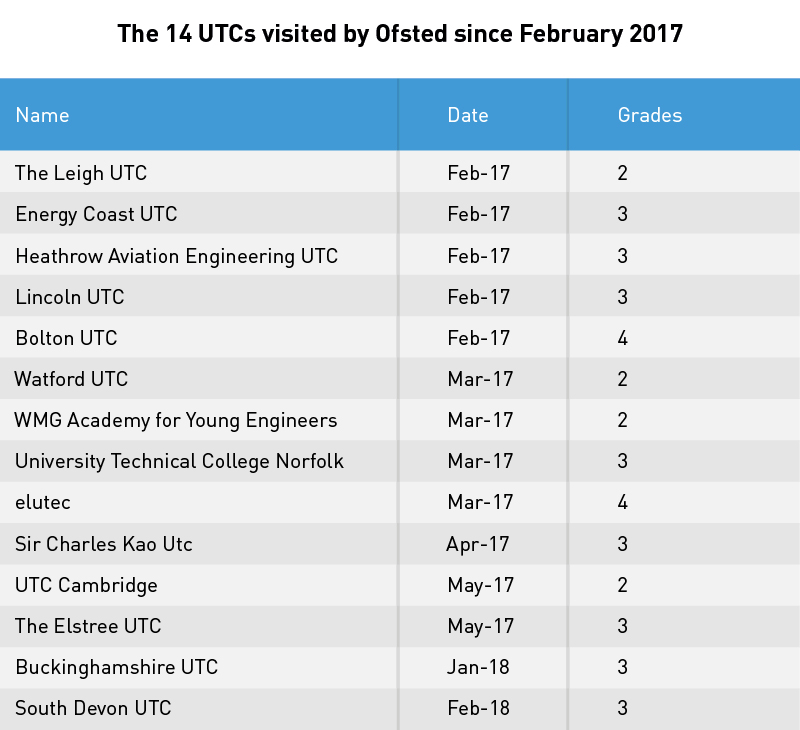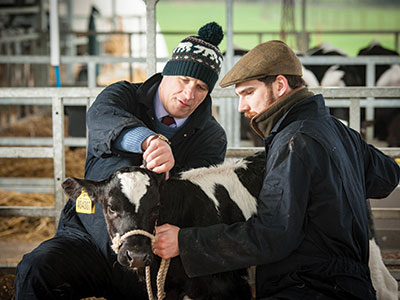Colleges and providers are in agreement: school league tables are a terrible way to measure FE learners’ progress. Sam Parrett proposes a solution
I recently wrote an article arguing that colleges should not be judged by the government’s new-style Progress 8 league tables.
The response I received from colleagues, local authorities and wider stakeholders was overwhelmingly supportive and has made me wonder exactly what the sector should be pushing the DfE for, to ensure that FE can continue to offer life-changing educational options for young people.
League tables are only a very small part of a much bigger story, but they have huge influence on parents and young people making choices about post-11 and post-16 education.
The result of the new academically-focused Progress 8 tables is a damaged reputation for many very good institutions, which are in reality seeing their students achieve much success outside of this narrow framework.
An FE college which has given these young people a realistic chance of achieving in life should not have to bear the weight of another school’s failure
In the case of 14-to-16 provision in FE, students arrive in year 10 or 11, often having being failed by school for the previous three or four years. Turning this around, particularly in key academic subjects like maths and English, is evidently a tall order for colleges in just one or two years.
Yet what these students are achieving in this short time cannot be fairly reflected by exam results. They are building confidence, learning employability skills, understanding the world of work, and gaining sector-specific technical skills and vocational qualifications – the list goes on.
An FE college which has given these young people a realistic chance of achieving in life should not have to bear the weight of another school’s failure. Many schools will happily let students move on at 14 if they know that these students are unlikely to achieve their five A-Cs by the end of year 11. They will on the other hand be very reticent to lose students who are expected to make the grade – even if these students would be better off in a more practical environment.
Schools must take responsibility for the students they have taught for the majority of their secondary education. FE colleges shouldn’t have to carry the bad data for schools; it needs to be shared, with the student’s individual needs put first.
I have no doubt that schools would be more willing to work in partnership if they knew they would bear some of the responsibility if students fail to progress. We have had students who moved to do their GCSEs with us, then went back to school to do A-levels. It is vital that all routes, in both directions, are accessible and supported.
The Baker clause is a very positive move but it needs to be embraced and enforced. Schools can’t be allowed to let one provider in once a year to talk about alternative educational options. The DfE needs to support transition at a non-standard age, ensuring that local authorities communicate and promote all the available options in the area.
Funding across schools and colleges should be standardised for all ages and no college should be financially penalised for taking on pupils that schools are not interested in. There also needs to be recognition that offering high-quality vocational training, with industry-standard facilities and experts, can be more costly than a classroom-based setting.
We need an agreement on outcomes as to what really does reflect “success”. It is not a level playing-field and we need recognition that progression and progress into fulfilling work is the best marker of all. This means removing FE colleges from the school league tables and creating a new set of measures that reflect career-focused achievement and not only the ability to pass an exam.
An integrated framework is needed, which requires true partnership. Young people need to be put first and made fully aware of the many exciting options open to them. We must accept that traditional school isn’t for everyone – and when that’s the case, make sure that children know about and can access the many different routes to success.
Sam Parrett is principal and CEO of London South East Colleges



